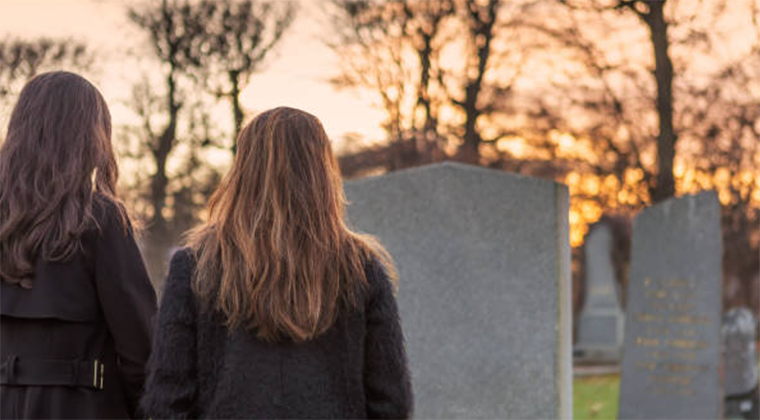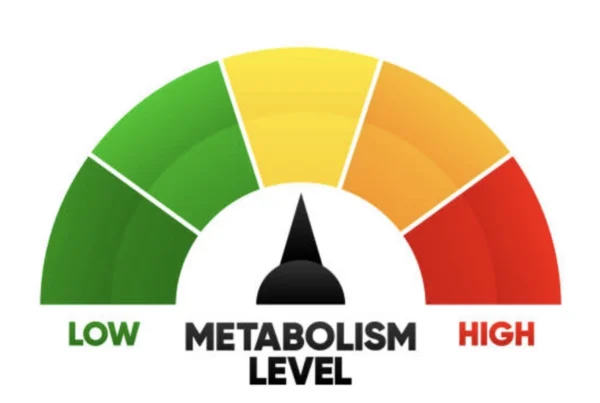
Meet Deesha Boodhoo – ellenor’s newest play therapist.
In her role, Deesha works with children who have recently experienced the loss of a family member – be it a parent, grandparent, or sibling – to help them express and come to terms with their feelings through the medium they’re most comfortable with. Play.
Deesha also works closely with ellenor’s Children’s Team, counsellors, and other play therapists – including Jola Martis – to understand each child’s profile from a holistic perspective. She evaluates referrals, contributes to ellenor’s GEMS (Grief Every Moment is Special) days for bereaved children, and collaborates with social services.
Speaking to Deesha, it’s easy to see why she found such a profession. (Or, perhaps, why the profession found her.) She’s a calm, gentle presence, and has a natural knack for building relationships with both parents and children.
It’s something that, when you’re working with children who have experienced almost unfathomable loss, is crucial for establishing trust – and enabling the child to be as comfortable and at ease as possible while they play.
“Grief and loss is something that so often doesn’t get spoken about amongst family and friends,” Deesha explains. “So when a child comes for play therapy, they know they’re in a safe space. That they can be who, and how, they want to be – and will receive acceptance and unconditionally positive regard.”
Many elements of Deesha’s personal history and background feed into her innate ability for understanding not only children, but the grief and loss they’re grappling with when they come in for play therapy.
Born in Mauritius, she moved to the UK at the age of 18, where she gained her Bachelor’s degree. Relocating to move halfway around the world – from a small island nation in the Indian Ocean to our island in the North Sea – Deesha explains that at that time she not only, in a way, lost her country. But her grandfather.
Only many years later did Deesha realise how much that loss affected her.
“It’s why I love working with people going through grief and bereavement,” Deesha explains, “because I’ve experienced it myself. And I think when you’ve been something personally, you’re able to empathise more; to understand more.
“That’s what’s led me here.”
In 2013, Deesha moved to Kuwait, where she taught in a British school. There, she nurtured her love of working with children – though she had some reservations.
“I loved teaching, but there were a lot of things I wasn’t happy about: the undervaluing of the children’s wellbeing, and how everyone was pushed into the race of pursuing high marks. There wasn’t enough of a focus on the social or emotional aspects of the children’s health.”
Later, Deesha moved back to the UK, gained her Master’s in Play Therapy – and the rest is history. Yet it was a tricky occupation to explain to her friends and family – Deesha is Hindu, and play therapy isn’t a concept common in her faith.
So we ask: Deesha, how would you define play therapy?
“It’s similar to counselling,” she explains, “but the toys become words for the children. A five- or six-year-old doesn’t know what anxiety is or why they keep on experiencing different heavy emotions after experiencing death of one of their family members. Many times, we see children communicating their feelings in other ways such as changes in behaviour and in symbolic ways (Play activities or artwork). Sometimes the behaviour can revert to the typical behaviour of a younger child which is known as regression or acting out behaviours which can be seen as difficult to manage by the family.
The pain and isolation that children feel when grieving, when expressed through behaviour or symbolic means, give us important clues, and provides us with insight into the child or young person’s inner world. The unconscious is all that of which one is not conscious of, but it affects us in multiple ways. Hence, children like adults do not grieve in one way. Play therapy then allows children to begin to work through grief the way they wish to rather than keeping it internally and in turn they can play out the different heavy feelings during their sessions.
“So they come into the playroom, and there’s different toys; arts and crafts. They choose what they want to play with. Through their play, we see the unconscious coming out: the child might draw a picture of their granddad, or of something that’s affecting them right now. Then, we reflect on what they’ve played with or produced in a safe way, so they don’t get re-traumatised.” Play therapy also gives them the space to continue the bond with the person that has died and allows them to build resilience and learning to live with the loss they have experienced.
Deesha works with children from the ages of 3 to 14. Each requires a tailored, non-directive approach according to the child’s situation, cultural background, and the nature of the loss they’re going through.
“Play therapy is a tool. It’s not a magic wand I can wave to suddenly make the child okay again. But just being there, being present – that’s what matters. Letting the child know that they have a safe space to come to, where they can play out any difficult situations. If they want to cry or not, to talk or not – they can.
“It’s allowing children to be the way they want; that’s really important. But nowadays, that’s not what’s happening in the world. You have to be a certain way, to fit in a specific box.”
During play therapy, a child can work with toys, as well as various textures – including play dough, sand, clay, crayon, and water – to design, decant, draw, and demonstrate their way to the effective non-verbal communication of their grief.
And, while Deesha is always led by the child, and their wants and needs, Deesha is able to bring elements of her own culture – mindfulness and the practice of guided meditation, for example – to bear in sessions with older children.
Play therapy is an exciting, emerging form of therapeutic intervention that ellenor – alongside music therapy and, soon, art therapy – offers. Yet Deesha is quick to acknowledge that play therapy is sadly undervalued – as are the grieving processes of the mourners who will be the last to speak up, and out, about what they’re feeling.
“I think that sometimes, we overestimate a child’s ability to handle grief and loss. Assume that they’ll get over it; that they’ll move on. But children are vulnerable: whether they’re grieving for a father who has died, or a sister who might die soon.
“They’re the forgotten ones; the forgotten mourners.”
Deesha’s message to the community, then, is a simple one: we are still here.
“Our job is to give those children who are being forgotten in the grieving process the chance to have a voice; to have visibility,” she says.
“We are here; ellenor is here.”







